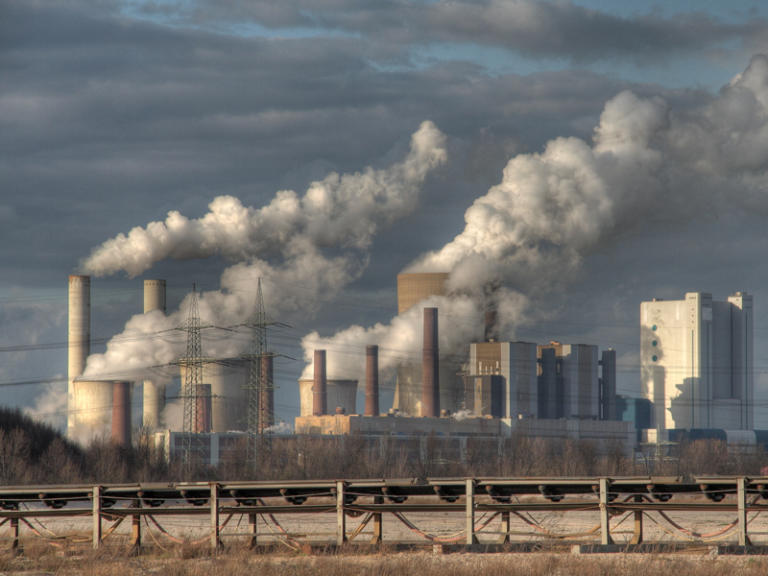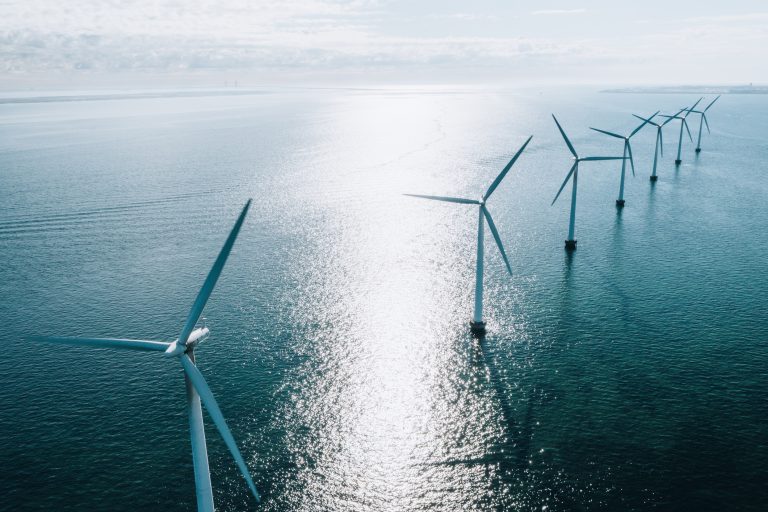
We explore whether the actions of one regulator can affect the efficacy of another regulator. We investigate this idea in the context of environmental enforcement, which is a primary mechanism to combat industrial pollution and climate change. Specifically, we examine whether bank regulatory oversight affects the ability of environmental enforcement to reduce industrial emissions. We predict that bank regulatory oversight can constrain the availability of bank loans, hindering firms' ability to obtain financing for greener technologies and thus mitigating the efficacy of environmental enforcement.
Residential Property Assessed Clean Energy (PACE) loans allow homeowners to fund investments in green residential projects through property tax payments. We assess the housing market effects of PACE using novel loan-level data from Florida merged to property transaction, tax, and permitting records.

Feed supplements have recently been touted as an effective means to reducing methane emissions from livestock (e.g., cattle and sheep). In this paper, we examine the environmental implication of this innovation in a supply chain setting.
Ride-hailing services are an essential mode of transportation for millions worldwide. The rapid growth of this service has raised concerns about its environmental impact. To address these concerns, ride-hailing companies are adding or introducing environmentally friendly vehicles (e.g., electric vehicles) to their platforms. However, it is not clear how adding such "green" vehicles will affect the environment and customers. To our knowledge, this paper is the first to analyze this question theoretically.
Prior research on organizational responses to normative pressures has cataloged a spectrum of strategies, ranging from accommodation to resistance, but more assertive responses have largely been overlooked. We expand the existing repertoire to include the more aggressive, targeted, and intertemporal response of organizational repression.
With the increasing prevalence of renewable energy supply contracts, utility suppliers are investing in new green sources and developing allocation policies of those to satisfy renewable targets required by customers. However, the variability of customer demand and the intermittency in supply complicates the supplier's decision process. In this paper, we address these challenges by formulating the utility supplier's problem as a two-stage stochastic program.

We show that firms increase their pollution intensity as they become more financially distressed. This is particularly the case in high-environmental liability risk locations, akin to a risk-taking motive. We then rationalize these facts by calibrating a dynamic model featuring endogenous default, and dirty vs. clean investment.
This paper studies a long-term power purchase agreement (PPA) between a firm and a new renewable energy generator.
UNC Kenan-Flagler Energy Center Director Stephen Arbogast discusses the power of carbon taxes to accomplish several goals for energy producers and consumers alike.
A daunting tangle of problems defines the global energy space as 2022 winds down. On the one hand, the war in the Ukraine combined with curtailed Russian oil/gas supplies into Europe has reminded many that unfriendly energy suppliers can also deliver inflation and hardship to their customers. On another side, efforts to increase oil/gas supplies both in Europe and globally, face stout resistance to anything that might further entrench hydrocarbons into national economies. Inflation is prompting monetary policies to tighten even as fiscal indiscipline continues via historically high government deficit spending. Concerns over climate change remain an article of faith among leaders of many countries. Other voices decry the folly of calls to suppress oil/gas production when greener alternatives are not ready to replace them. Electorates seem both confused and restless. The risk that they vote in leaders less insistent on decarbonizing economies is palpable.
UNC Kenan-Flagler Business School Clinical Associate Professor of Finance Arzu Ozoguz discusses the SEC's anticipated new rules around sustainability.






The EV Transition Makes the U.S. Economy More Resilient
Stanford Institute for Economic Policy Research (SIEPR) Policy Fellow - and former Chief Economist of General Motors - Elaine Buckberg outlines how electric vehicles can save the economy as well as the environment.